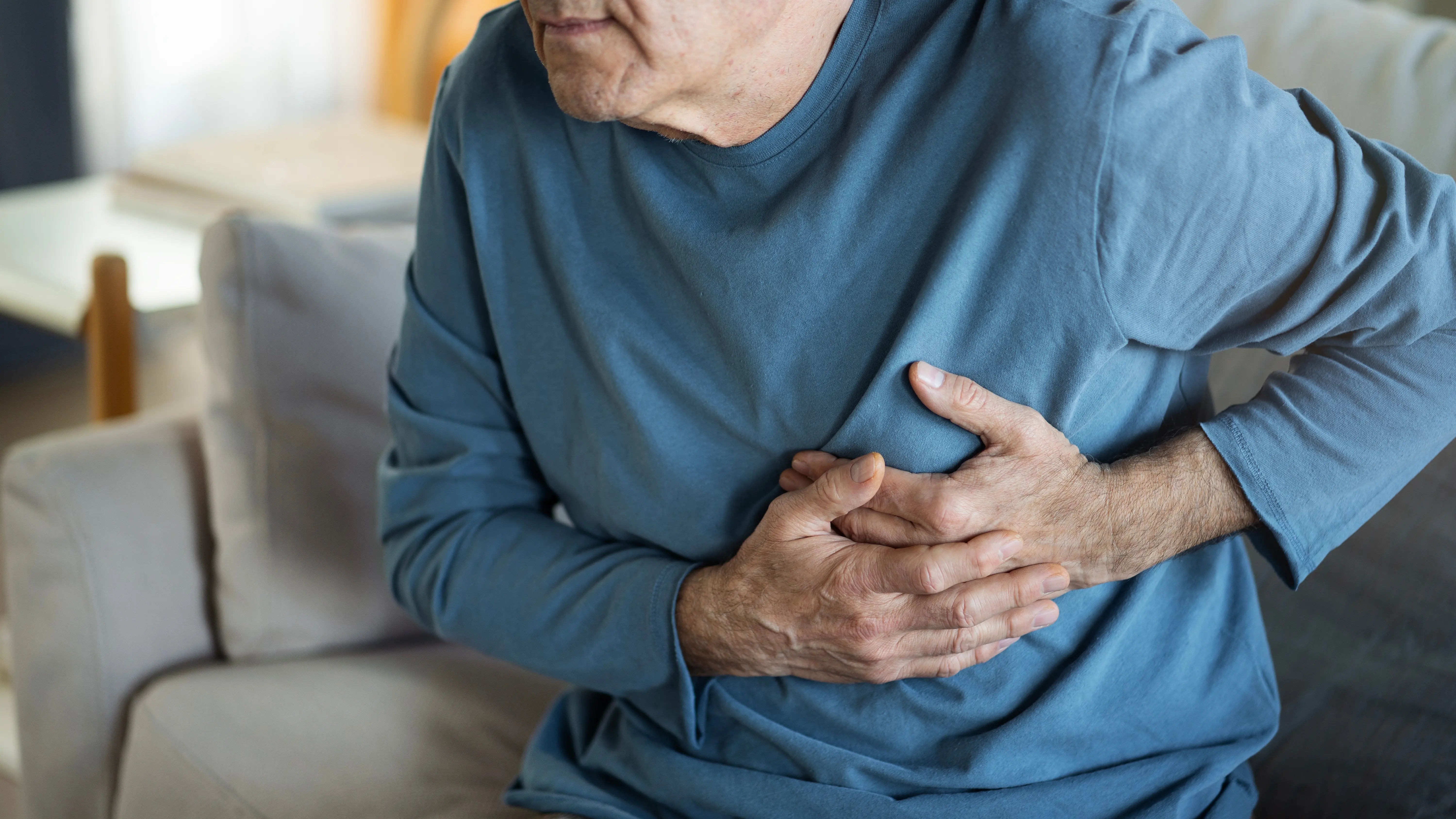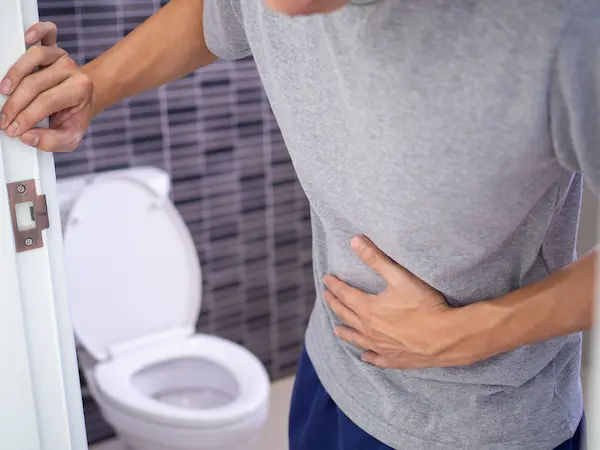- female
- 40 Years
- 01/04/2021
How long does it take for stomach lining to heal?
Answered by 1 Apollo Doctors
Acute gastritis lasts for about 2-10 days. If chronic gastritis is not treated, it may last from weeks to years.
Dr. Chandra Suggests...
Consult a Gastroenterology/gi Medicine Specialist
Answered 04/07/2025
0
0

More Gastroenterology/GI medicine Health Queries
View allI'm really worried about my husband's recent LFT results. His SGPT is 119 and SGOT is 86, and his bilirubin total is 0.97. He used to drink alcohol but has stopped now. What could these values indicate? Should we be concerned?
These elevated values can indicate liver damage or inflammation. Since he was alcoholic but has now stopped, it's important to continue with a healthy lifestyle. I recommend he takes Ursodeoxycholic acid to support his liver function and Milk Thistle extract to promote liver health.
Answered by 1 Apollo Doctors
I've just got my routine check-up results, and everything seems normal except for a mild fatty liver grade 1. I'm a bit concerned because my SGOT is at 257 and SGPT is 93. All other tests, including the urine test, came back normal. Could you help me understand what this might mean and if I should be worried?
CHANG DIET AS LOW OIL, LOW FAT,. AVOID SPICY FRIED JUNK FOOD OR FOOD FROM OUTSIDE. BRICK WALK FOR FOURTY MINUTES, FIVE DAYS IN A WEEK. TWO BOWELS OF SALAD BEFORE LUNCH N DINNER. FRESH CURD N BUTTER MILK IS BENIFICIAL. IF YOU TAKE ALCOHOL, OR SMOKING TRY TO QUIT. TABLET LIV 52, ONE AT NIGHT. SYRUP CHOLIV L TWO TEASPOON FULL TWO TIMES A DAY BEFORE LUNCH N DINNER.IT IS AN APPETIZER, PREVENT CONSTIPATION. SLOWLY THE LEVELS COME DOWN,YOU HAVE TO TRY HARD.
Answered by 1 Apollo Doctors
I've been having a really tough time with eating lately. Every time I eat, I end up vomiting almost immediately, and theres blood in it, which is really freaking me out. Plus, my throat and chest burn like crazy when this happens. What could be going on?
See a specialist for accurate diagnosis and targeted treatment.
Answered by 1 Apollo Doctors
Disclaimer: Answers on Apollo 247 are not intended to replace your doctor advice. Always seek help of a professional doctor in case of an medical emergency or ailment.





